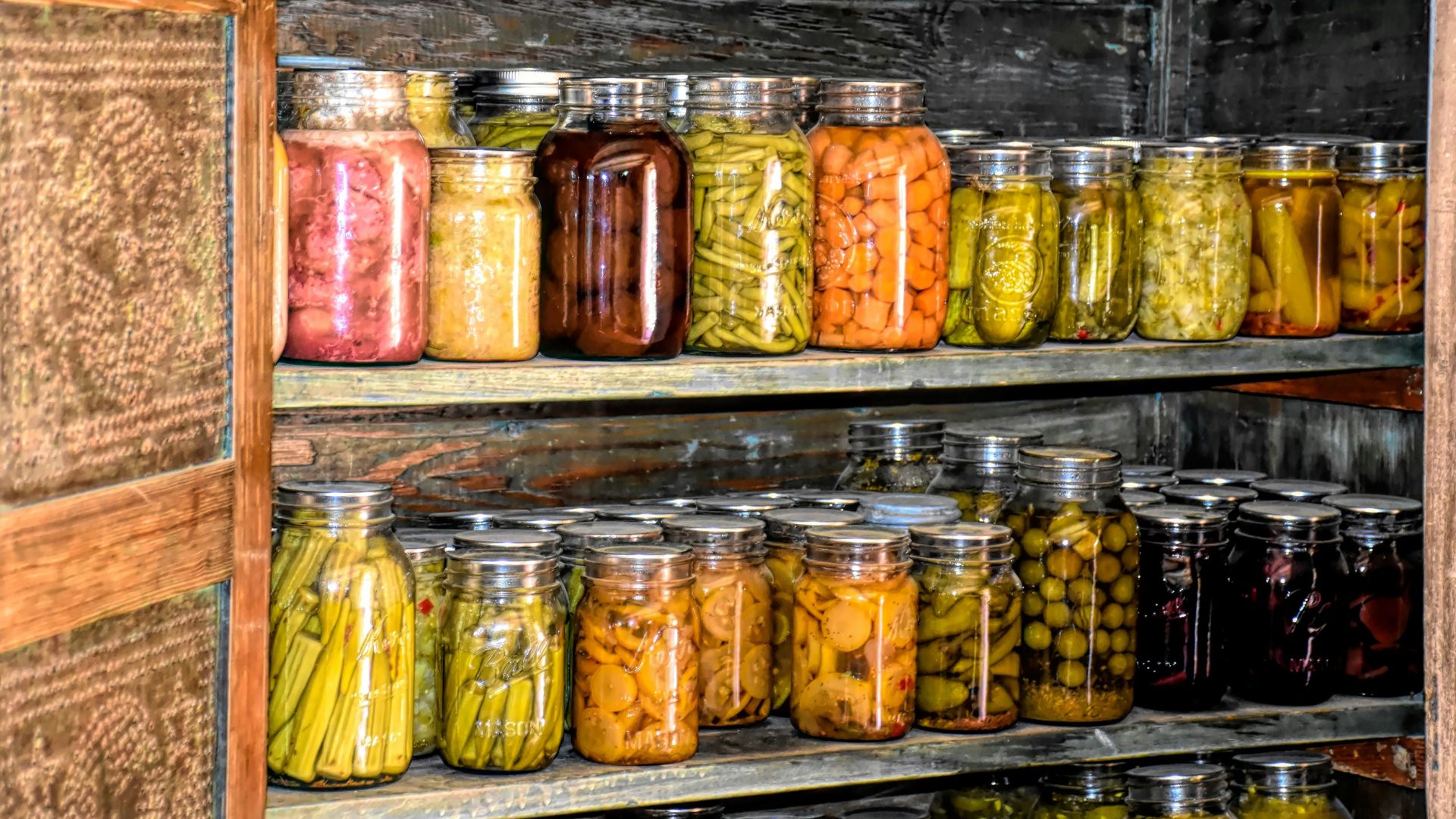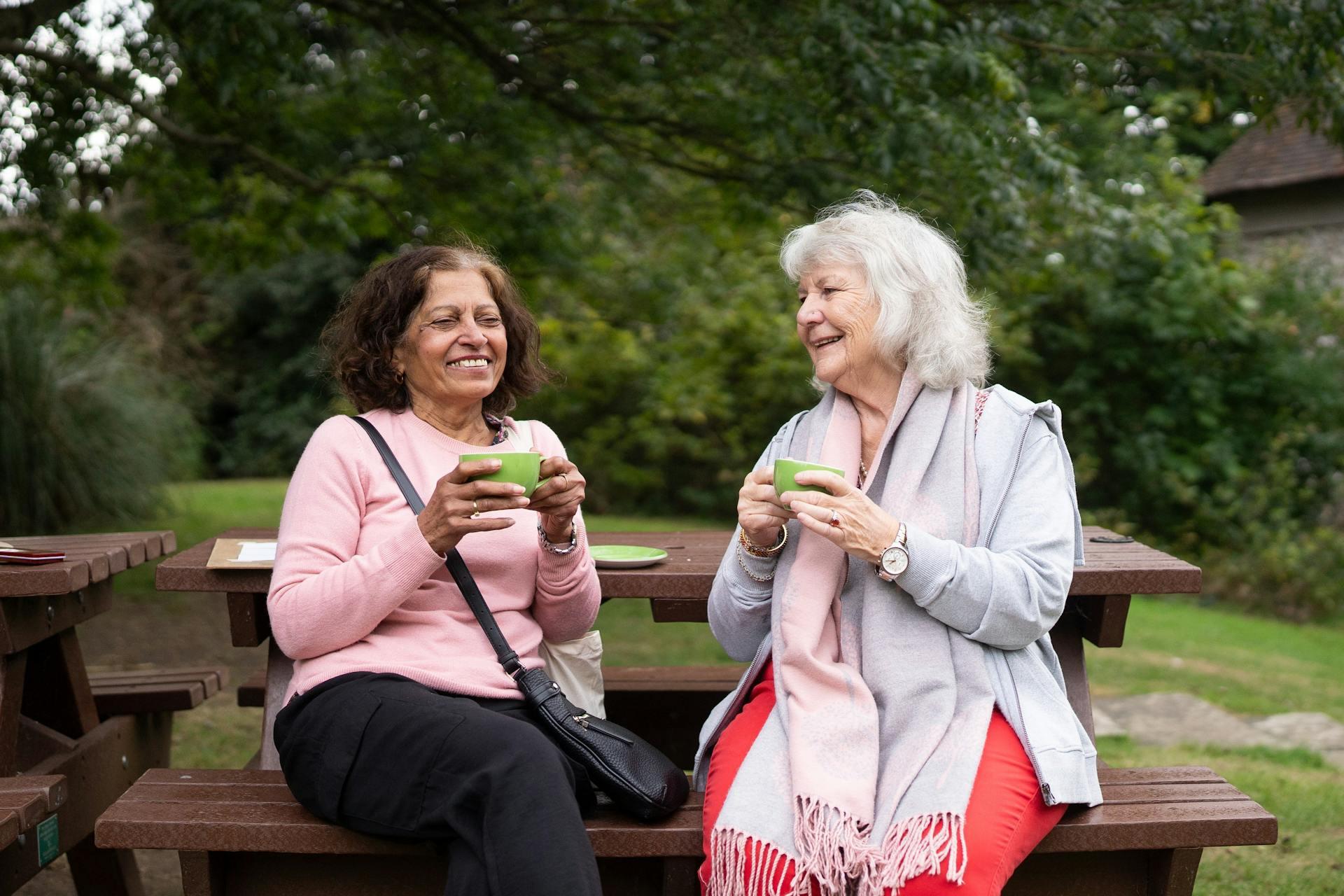The goal for many people is to live a strong, healthy life for as long as possible. While life is busy and it’s challenging to maintain a perfectly healthy lifestyle, there may be a contributing factor that determines whether you’ll live past 90 years old.
In a new study, researchers are exploring the complex relationship between genetics and lifestyle factors to understand why some people are more likely to live longer than others.
The Biomarkers of a Healthy Life

In a recent study published in “GeroScience,” researchers revealed a common biomarker found in people who live past 90. One of the largest studies ever conducted in this area compared biomarker profiles throughout the lives of individuals who lived to be over 100 years old.
Among these biomarkers are measurements of cholesterol and glucose levels in individuals surpassing the average lifespan.
The Study

The data examined 44,000 Swedes who underwent health assessments from ages 64 to 99. These participants were then tracked through Swedish registry data for nearly 35 years.
Among these individuals, 2.7% (1,224) lived to be 100 years old. The majority (85%) of those who reached 100 years were female.
The Connection of Those With Long Lives

The study found that lower levels of glucose and creatinine (a waste product resulting from protein digestion and normal muscle tissue breakdown) were associated with individuals who reached their 100th year.
These findings suggest a connection between metabolic health, nutrition, and longevity.
Significant Increases in Lifespans

“We’ve had a significant increase in lifespan over the last century,” says Dr. Marie Bernard, deputy director of NIH’s National Institute on Aging (via News in Health).
“Now if you make it to age 65, the likelihood that you’ll make it to 85 is very high. And if you make it to 85, the likelihood that you’ll make it to 92 is very high. So people are living longer, and it’s happening across the globe.”
Crucial Roles in Longevity

While genetics can significantly influence a person’s potential lifespan, healthcare practices and environmental factors also play crucial roles.
Promoting longevity involves adopting healthy habits such as meeting personal nutrient needs and engaging in physical activity. Among these, dietary changes tend to be a significant contributor to extending lifespan.
The Complex Relationship Between Glucose Levels and Longevity

The connection between glucose levels and longevity is complex. Your glucose curve determines the speed at which your blood sugar rises and falls by measuring blood glucose levels over the duration of insulin’s action.
Studies suggest that the magnitude of spikes and dips in glucose levels can serve as markers of metabolic health. This may indicate an individual’s risk of cardiovascular and diabetes diseases.
The Big Things to Impact Your Life

Let’s be honest: your diet plays a huge role in determining your lifespan. A nutrient-dense, whole foods-based diet has been associated with increased life expectancy.
Additionally, a diet rich in antioxidants can combat oxidative stress and inflammation, promoting cellular health and extending your lifespan.
How Long Do People in the US Live For?

While people born in the US can expect to live to about 79, evidence suggests that you can increase your chances of living a long and active life.
You likely already know the secrets to a long life: eating well, exercising regularly, and getting plenty of sleep. Avoiding bad habits like smoking and excessive drinking will also help keep your body strong and healthy.
How To Stay Healthy

Older people these days often maintain good health by staying active well into their 60s, 70s, and beyond. Despite bodily changes that may tempt them to move less and sit more, staying active helps reduce the risk of disease, disability, and premature death.
Even frail older adults can benefit from 150 minutes of weekly activity, including brisk walking, balance training, and flexibility exercises.
Older Adults Are Staying Healthier Longer

Bernard explains, “After more than 2 years, the physical activity group had less disability, and if they became disabled, they were disabled for a shorter time than those in the comparison group.”
“The combination of different types of exercise—aerobic, strength and balance training, and flexibility—is important to healthy aging.”
It’s All Up To You

There are many ways to promote a healthy lifestyle in your day-to-day life. If you need some inspiration, here are eight essential things you can implement into your everyday life.
Remember, there are many ways to improve your chances for a longer, healthier life, but you must make these changes to your life and stick to them.








































